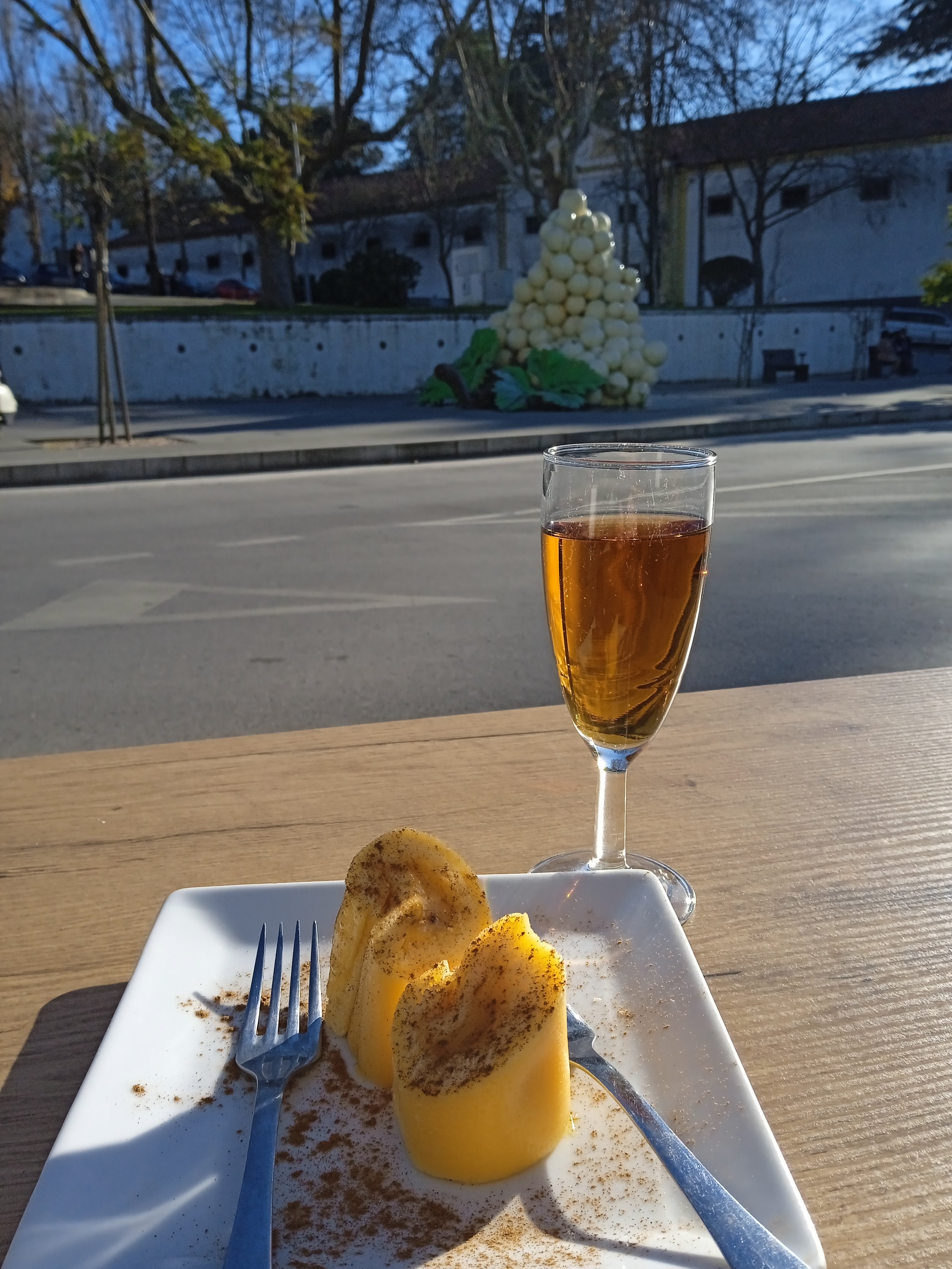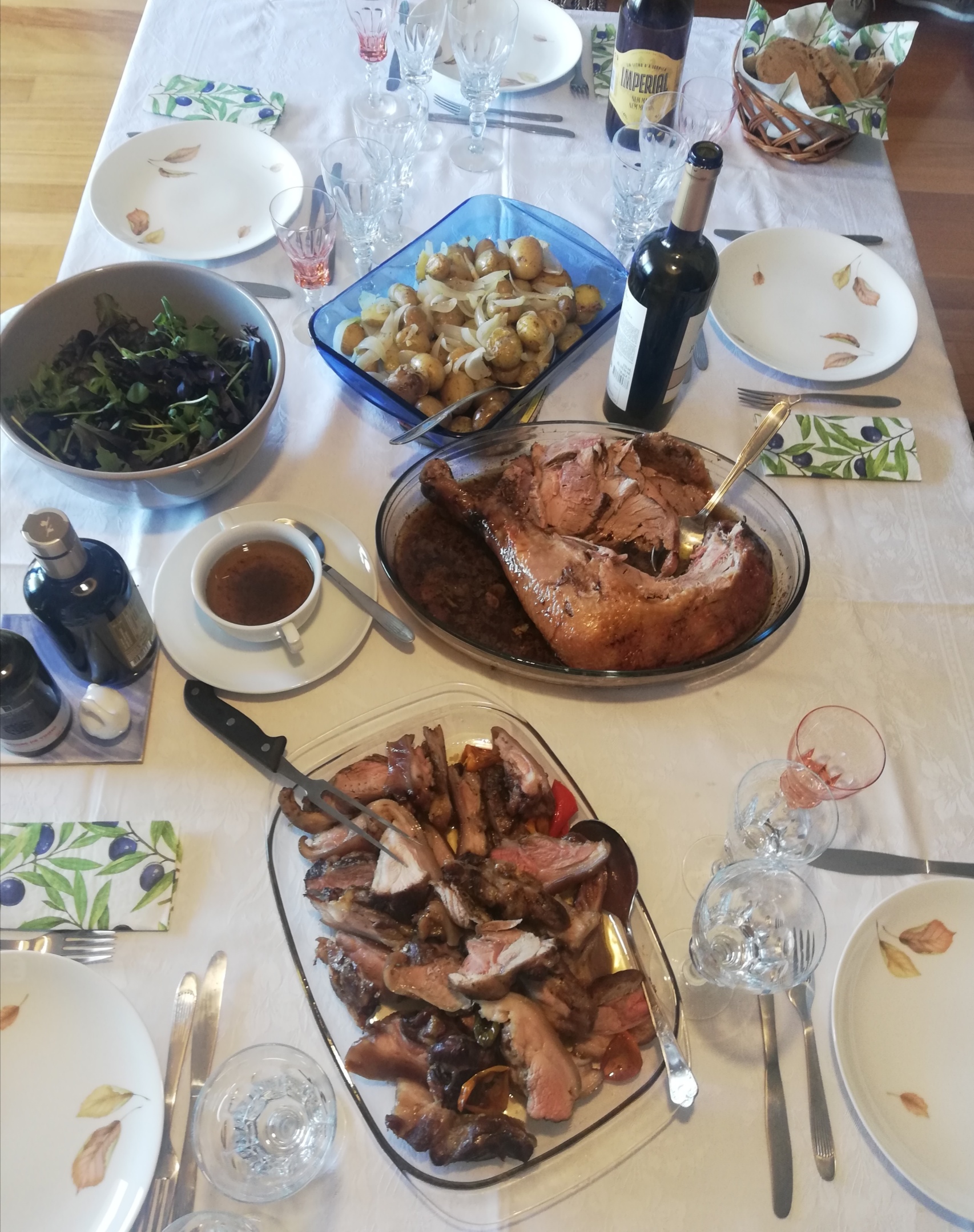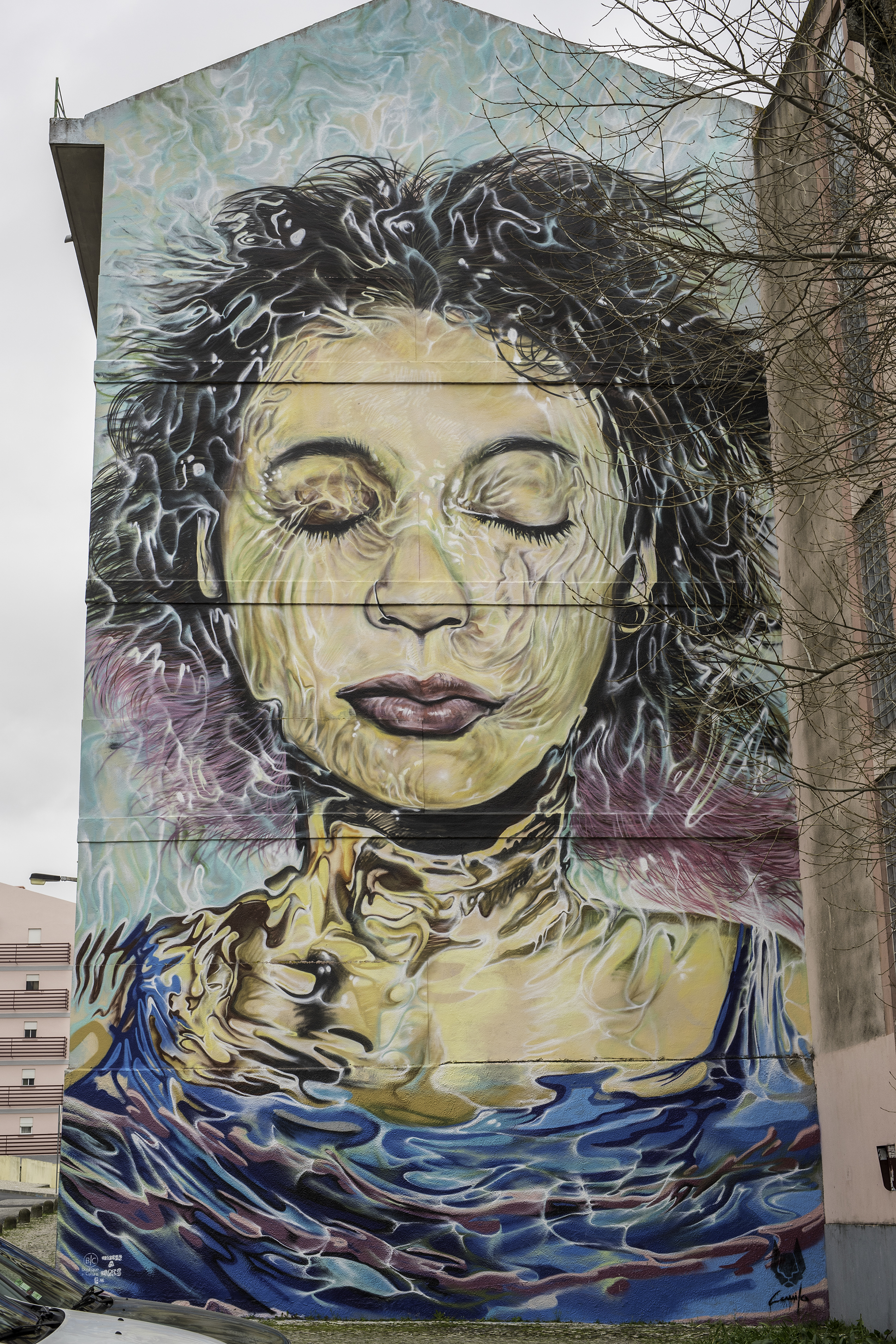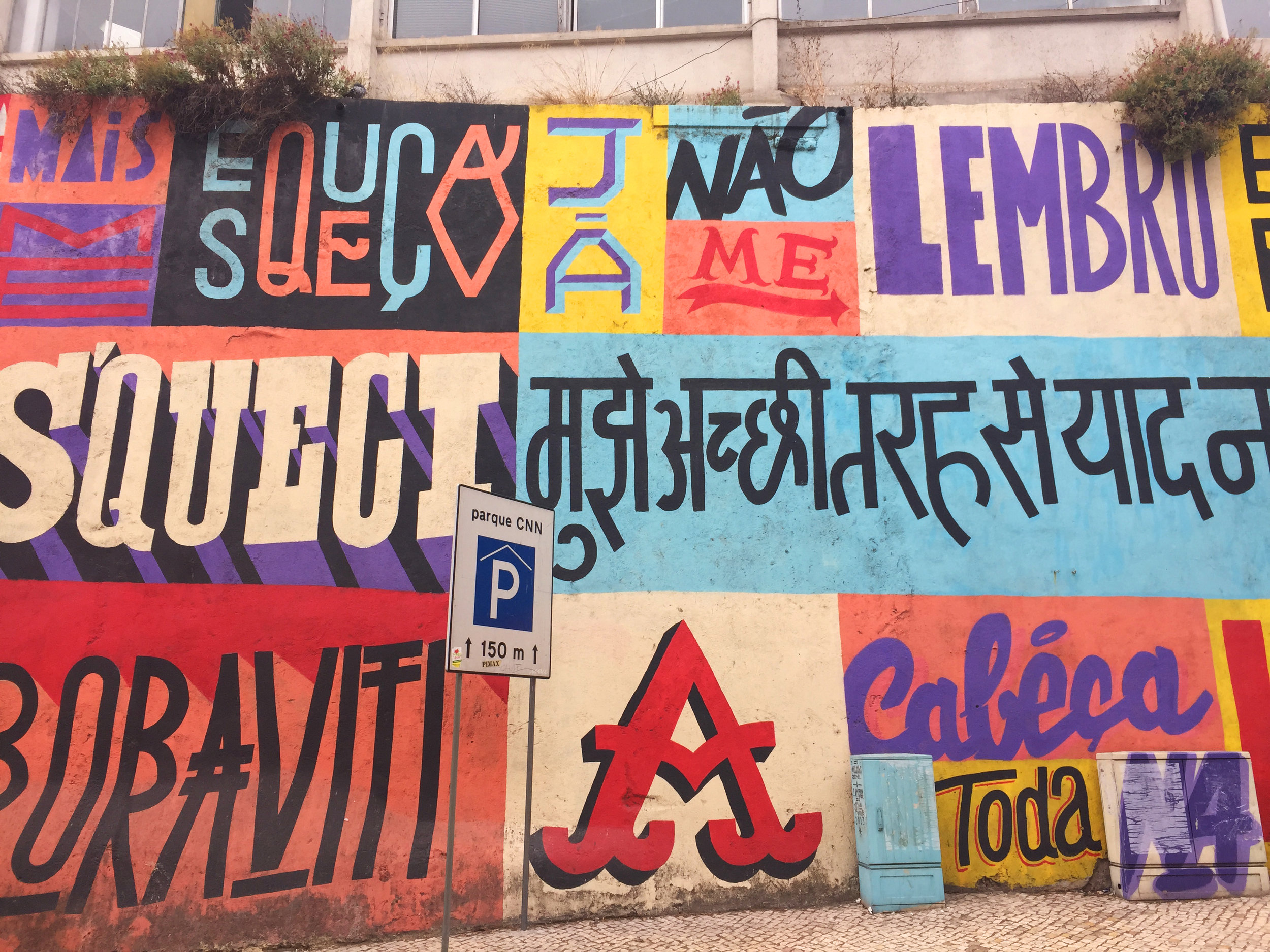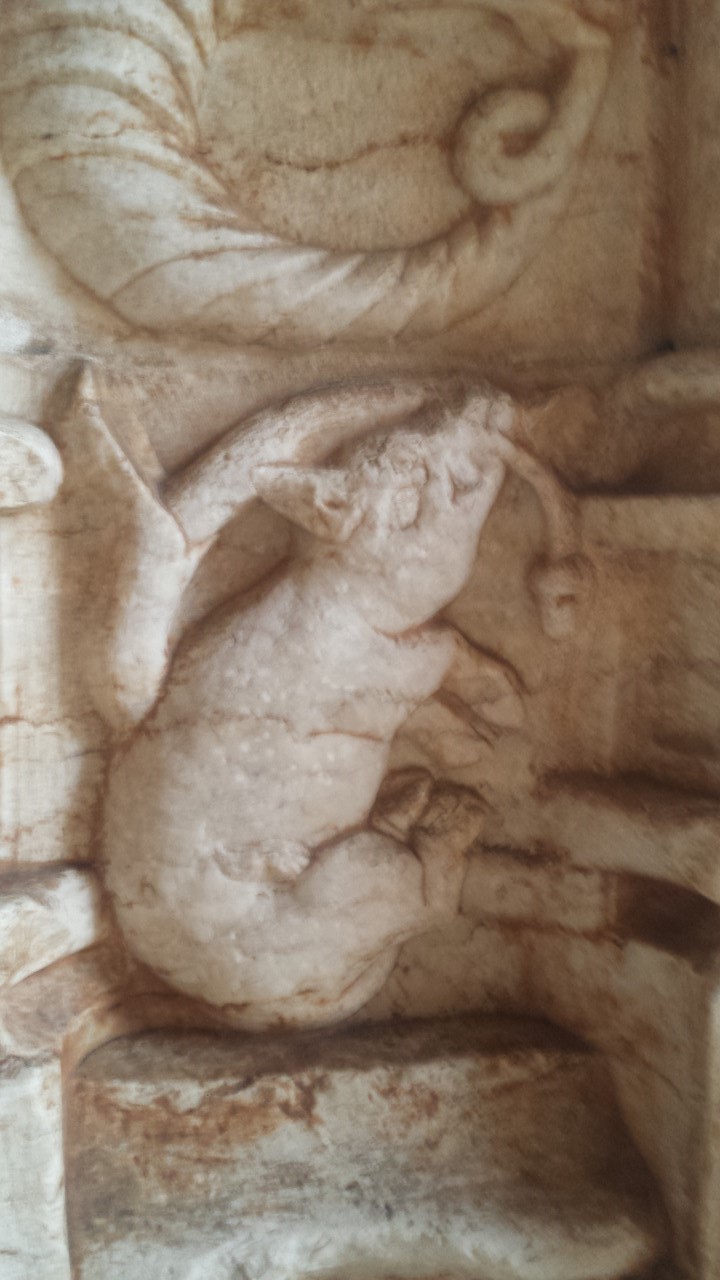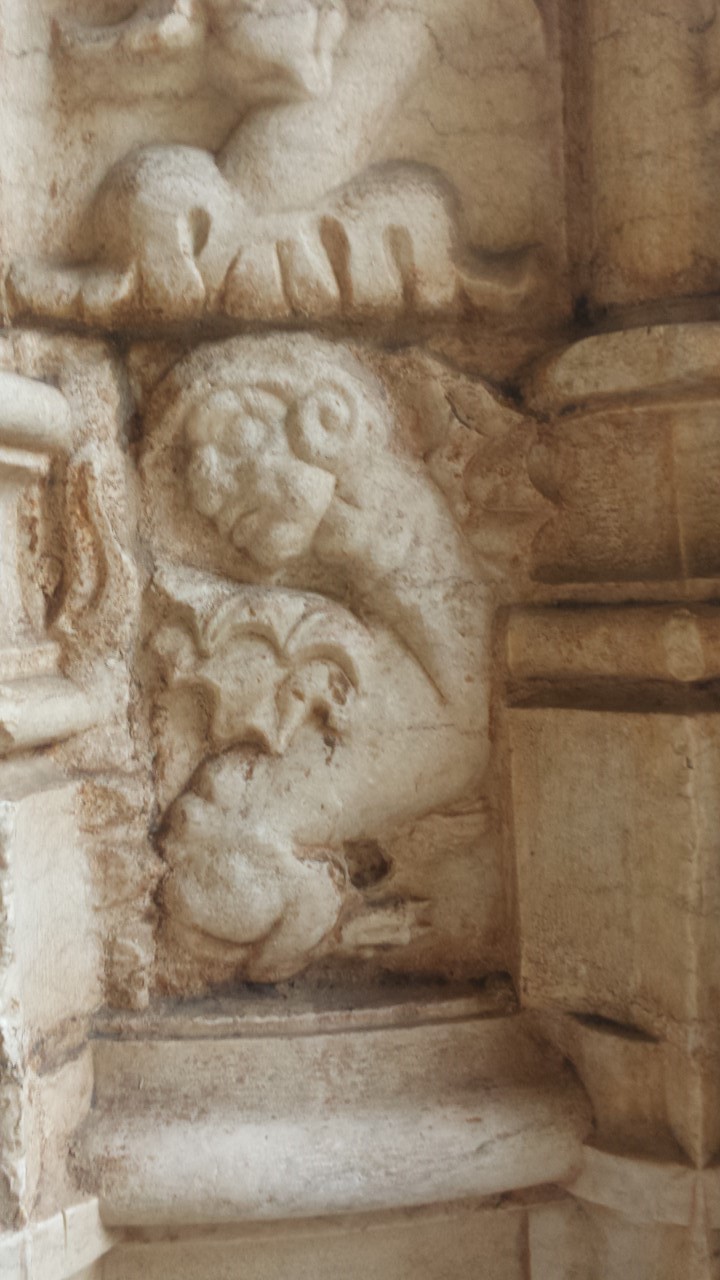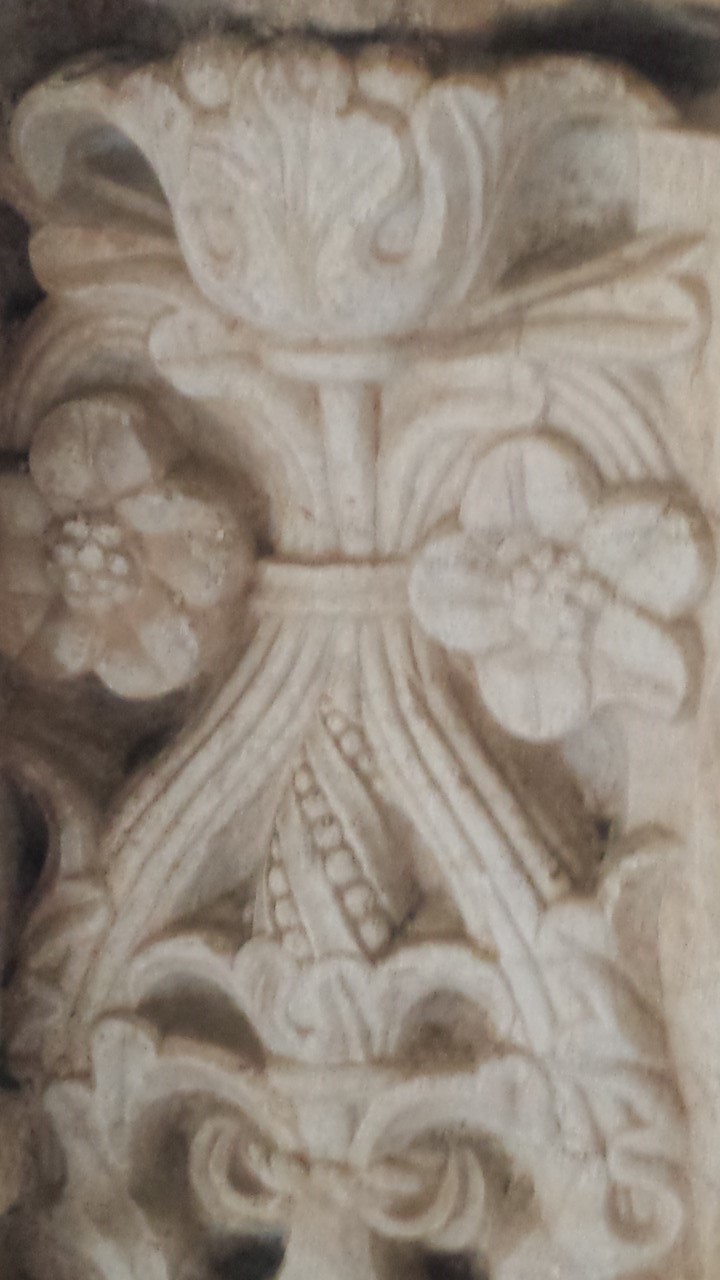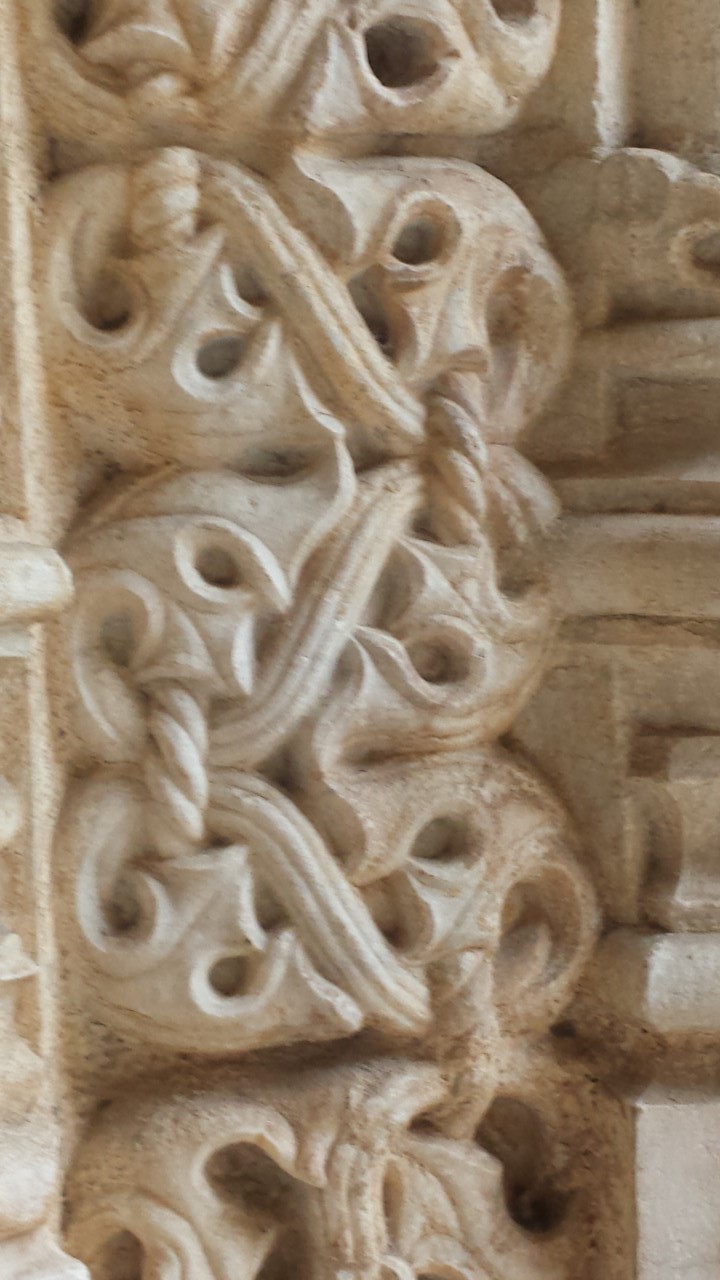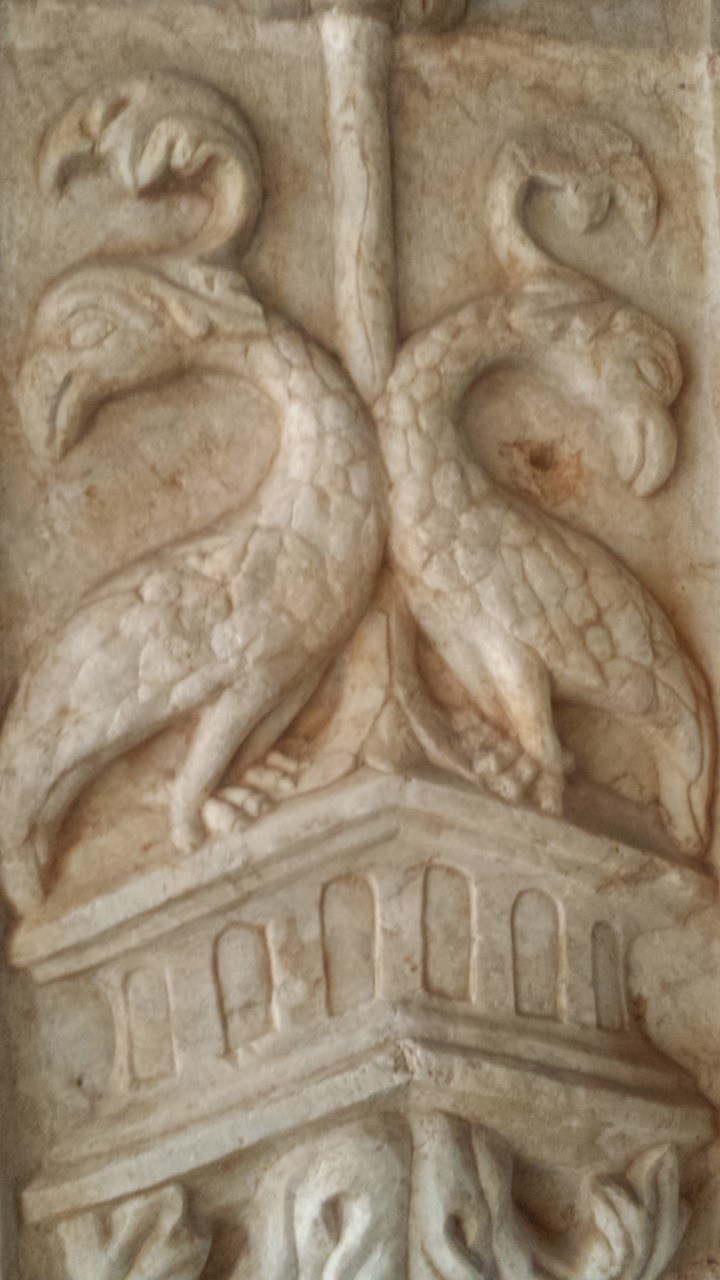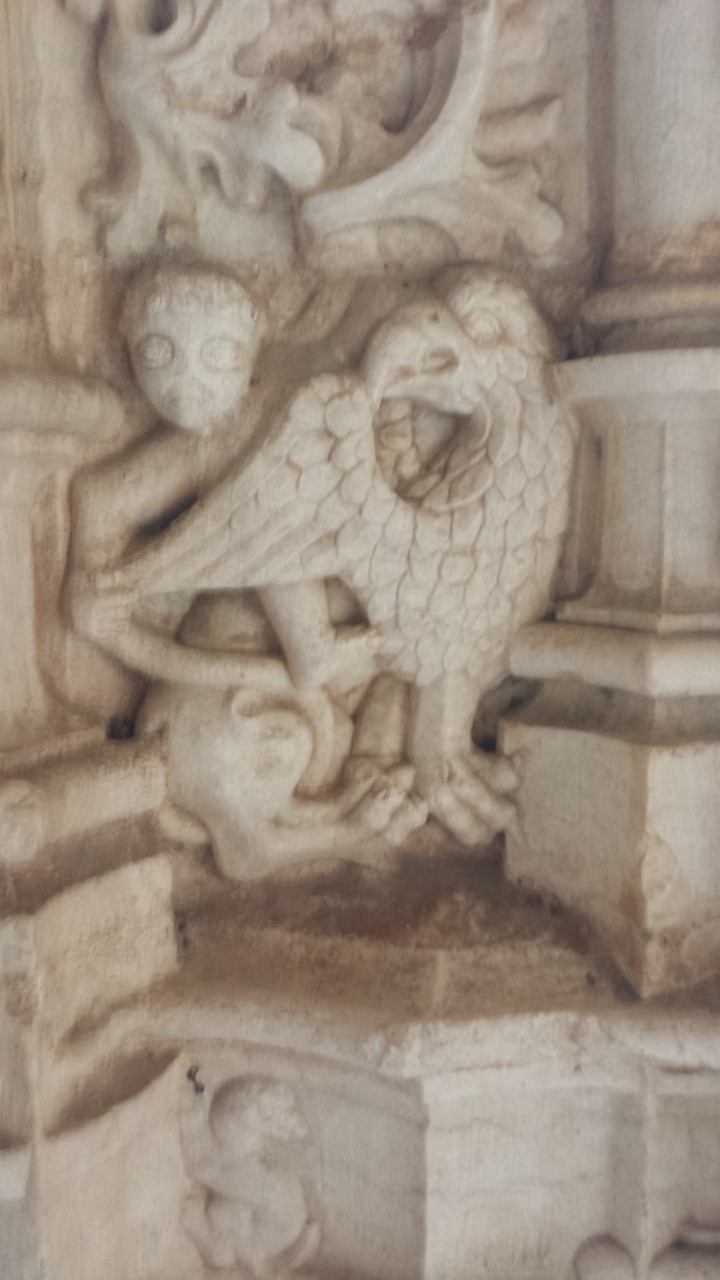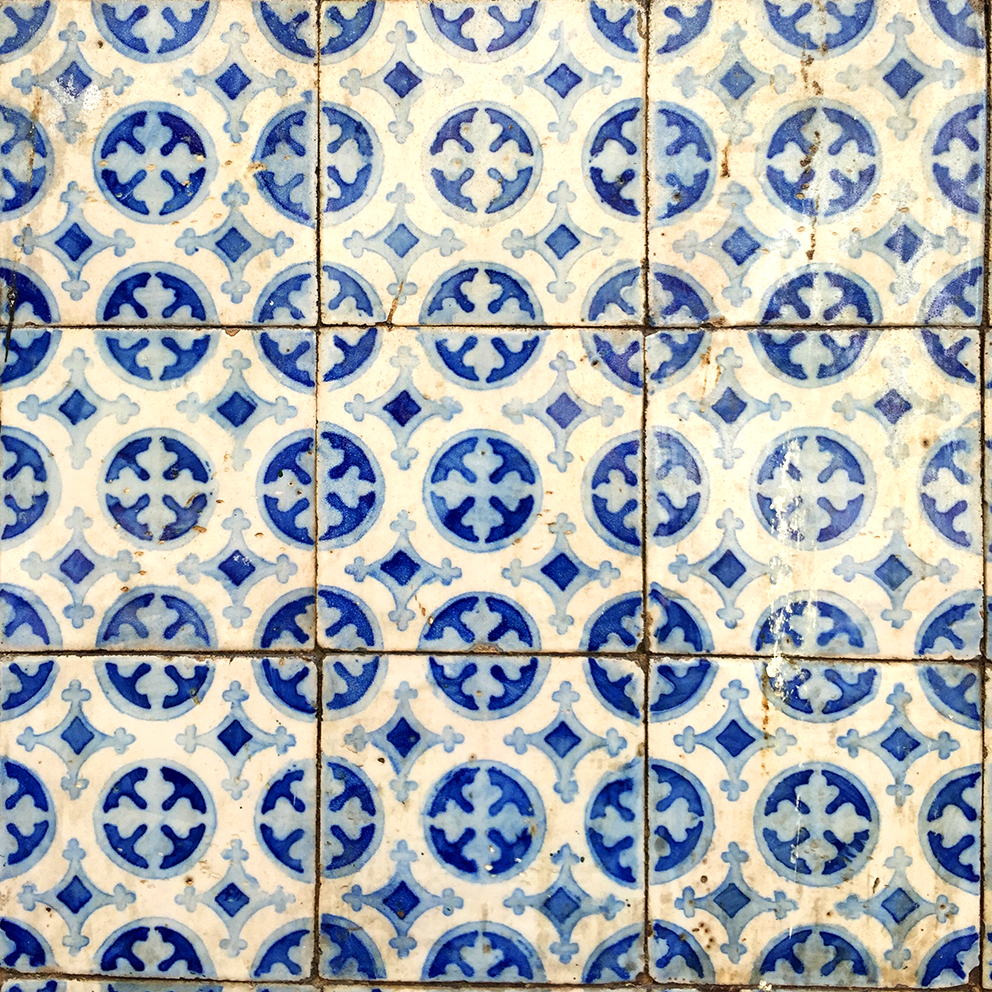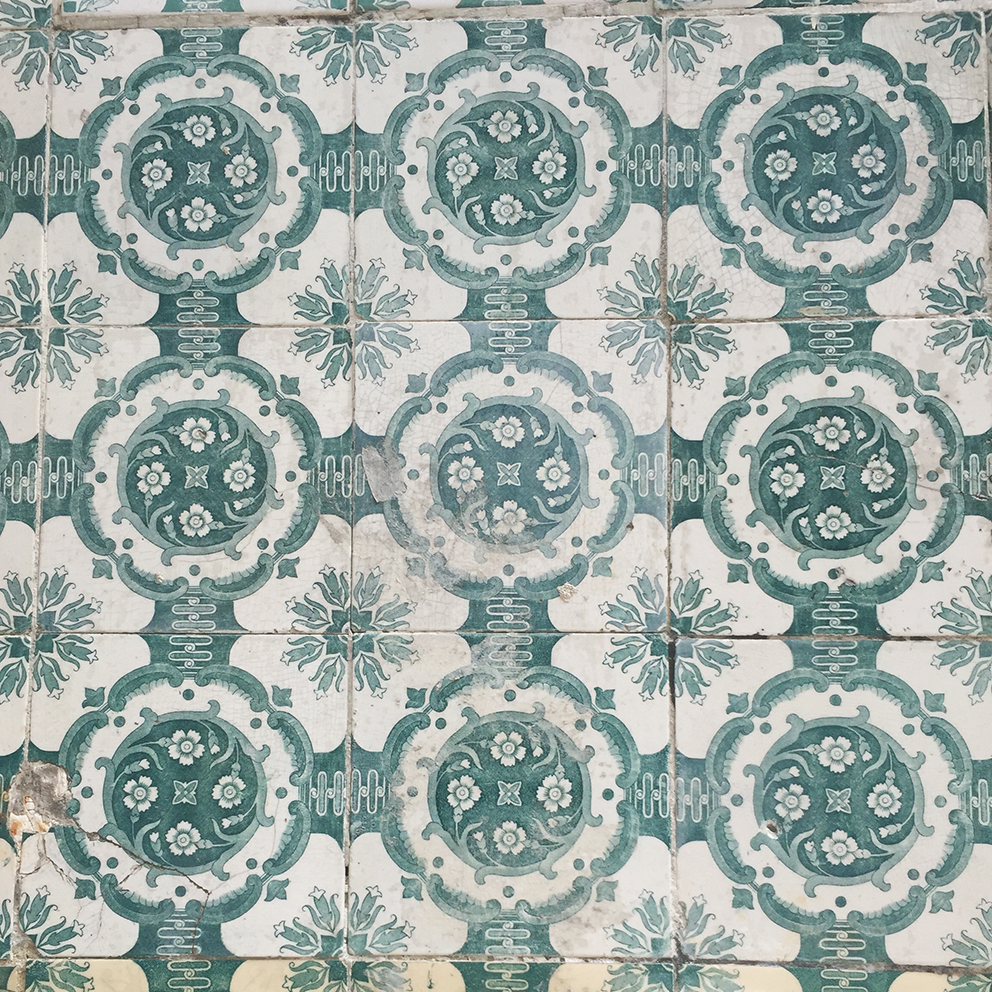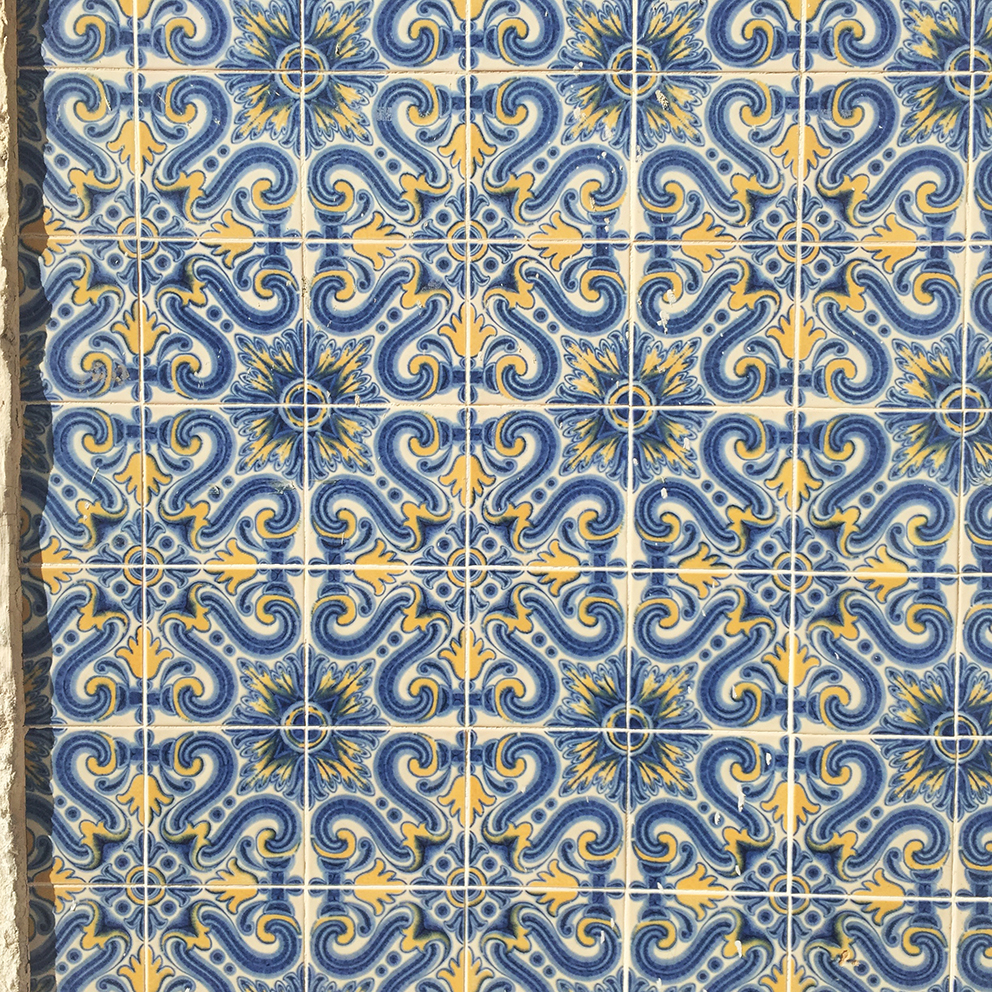Close to the south of Lisbon, and crossing the bridge, find the beautiful Arrábida mountain and coast in a half day or full day tour. Taste the “ torta de Azeitão” and the Moscatel wine and have the possibility of visiting a wine cellar and taste their wine.
I have a Citroen Picasso car that can accomodate confortably small groups of 3, 4 people.
Sardines
The time of the year for grilled sardines is coming. Eat the best sardines in June, July and August. Just put them on one slice of bread, take out the bones and eat. Be risky!
Bacalhau
Coming from the North Sea, the Bacalhau ( codfish) is the star of the National gastronomy, with more than 300 recipes. Dry and saulty was the food for the sailors during the Portuguese Discoveries.
Here is one of the best known codfish recipes - Bacalhau com natas - codfish with cream
We, Portuguese love to gather around the table with family and friends to eat good food and have pleasant conversations.
Rick Steve’s Snapshot Lisbon
'Born in Lisbon' in Rick Steves' Snapshot: Lisbon
Very proud to be mentioned in Rick Steves’ latest edition of his guide to Lisbon.
Lisbon Graffiti
Lisbon Graffiti from different areas of the city. From Art projects in social housing neighbourhoods like Padre Cruz to established Graffiti artist like Vhils and some other random images from across the city.
Herdade da Cartuxa
Wines from the Alentejo region of Portugal
O Tejo
O Tejo é mais belo do que o rio que corre na minha aldeia
Mas o Tejo não é mais belo do que o rio que corre na minha aldeia
Porque o Tejo não é o rio que corre na minha aldeia
Alberto Caeiro
View from MAAT - Museu Arte Arquitetura Tecnologia
Rick Steves
www.ricksteves.com
Read MoreFilming for Rick Steves show in Nazaré - Portugal. Top!
Saint António
Fernando was born in Lisbon, in 1195, but he became known in the world as a franciscan, named António, (Saint António). Died in Pádua, Italy, in 1231. The most important festival in Lisbon, comemorates Saint António, each 13th june (date of his death).
Here he is in a beautiful 18c. image, situated in São Roque Church.
Jerónimos Monastery
To visit the Jerónimos Monastery, in Lisbon, is to read the most wonderful book about the 16c. Portuguese Golden Age. All the history of the portuguese navigators has an expression in this limestone monument, masterpiece of the Manueline Style.
Lisbon's tiles (Azulejos)
Walking around Lisbon you see hundreds of tiles covering the facades of buildings it is a caleidoscope of patterns and colours that is very unique to the Portuguese capital.



